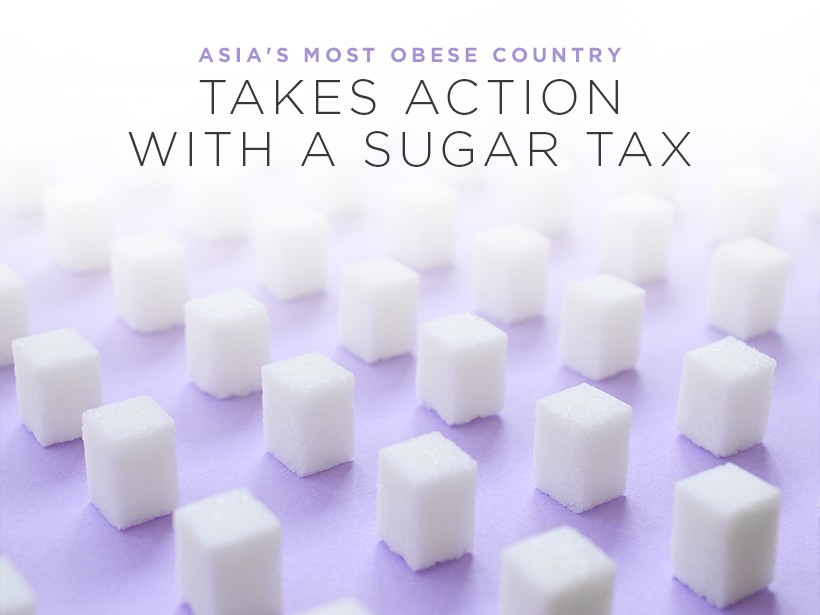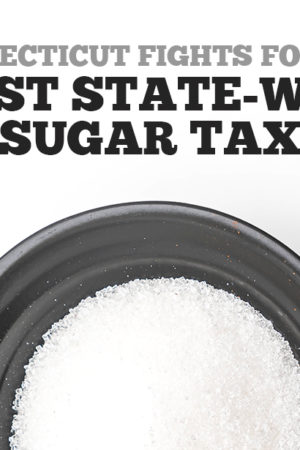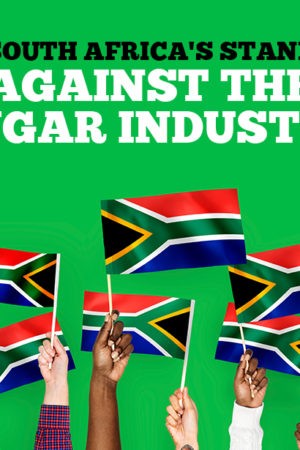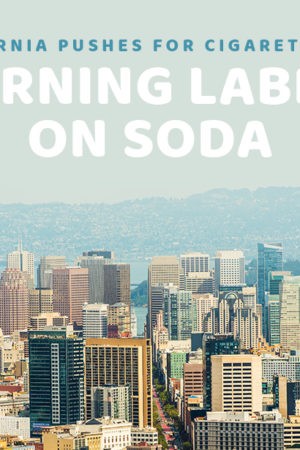The government of Malaysia, a small country with the highest rates of obesity in all of Asia, released its plans for a sugar tax during its 2019 budget announcement. Malaysia will join a growing number of countries and major cities that are responding similarly to the global crisis of obesity and obesity-related diseases. Type 2 diabetes, in particular, affects some 17 percent of the Malaysian population and was cited as a significant concern by the authors of the new tax.
Taxing at the tipping point
In Malaysia, the obesity crisis runs deep. “Nearly one out of two Malaysians are overweight or obese,” said Finance Minister Lim Guan Eng as he announced the plan for a new sugar tax. The tax will target soft drinks that contain added sugar in excess of 5 grams per 100 milliliters, and juices with more than 12 grams per 100 milliliters.1
Some beverage industry players in Malaysia have already responded to the tax by lowering the sugar content in their products, as was the case in Ireland and the UK where tiered sugar taxes were designed to have a similar effect. But as sugar taxes make their way from one country to the next, the industry at large is fighting tooth and nail to limit their reach.
Facts in the face of shady industry science
Malaysia’s advantage (and that of every other country enacting a sugar tax at this stage) is that of hindsight. When Mexico and other early pioneers of the relatively new concept first implemented their version of the tax, there was tremendous pushback on the part of the sugar and beverage industries. All kinds of arguments were made by industry groups, who suggested that the tax would have no effect but to hurt working families. The soft drink industry even commissioned three academic studies, none of which were published in academic journals or subject to peer review, that it published internationally in an attempt to discredit the tax.2
Thankfully, however, we now have the benefit of years of evidence and research on the effect of those taxes. The upside? In Mexico, consumption among low-income households declined by an impressive 17 percent.3 Overall consumption dropped by an average of 7.6 percent over two years. In the Philippines, sugar intake was reduced by 8.7 percent in February of last year, a figure that the World Health Organization says suggests the tax will prevent some 24,000 premature deaths in the next 20 years.4
Make no mistake, this won’t stop Pepsi, Coke, and other big names in the food and beverage industry from pushing back against the spread of these taxes. The good news, however, is that health continues to come out as a winner year after year.
NUTRITIONAL DISCLAIMER
The content on this website should not be taken as medical advice and you should ALWAYS consult with your doctor before starting any diet or exercise program. We provide nutritional data for our recipes as a courtesy to our readers. We use Total Keto Diet app software to calculate the nutrition and we remove fiber and sugar alcohols, like erythritol, from the total carbohydrate count to get to the net carb count, as they do not affect your blood glucose levels. You should independently calculate nutritional information on your own and not rely on our data. The website or content herein is not intended to cure, prevent, diagnose or treat any disease. This website shall not be liable for adverse reactions or any other outcome resulting from the use of recipes or recommendations on the Website or actions you take as a result. Any action you take is strictly at your own risk.
- California Pushes for Cigarette-Like Warning Labels on Soda - July 1, 2019
- Is a Slowdown in Australia's Sugar Consumption a Sign of More to Come? - June 24, 2019
- Groundbreaking Study Says the Sugar Rush Doesn't Exist - June 12, 2019































